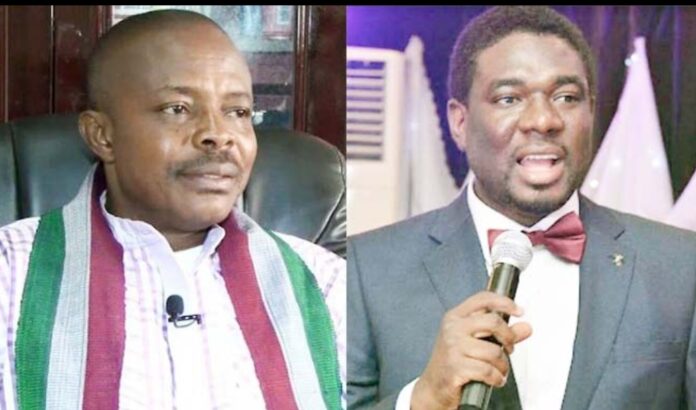NLC said, “Rather than settling on a figure that we wait for five years, it’s like we’ll have to now negotiate even two times within five years”
By Kehinde Okeowo
Organized labour has explained why it decided to accept N70,000 as the new national minimum wage.
TheNiche had earlier reported that President Bola Tinubu approved N70,000 as the new minimum wage for Nigerian workers.
The decison was disclosed via a statement by Tinubu’s Special Adviser on Communication and Strategy, Bayo Onanuga, who said the new minimum wage has the endorsement of the organized Labour.
Speaking on his X page, he tweeted, “President Tinubu announced the decisions at the meeting held with leaders of TUC and NLC on Thursday in Abuja, the second time the parties met in 7 days.
“The Labour leaders applauded President Tinubu for the fatherly gesture as the President also promised to use his discretionary powers to meet the demands of university unions demanding unpaid 4 months salaries.”
ALSO READ: Atiku frowns at treatment of Ndume, says Tinubu’s govt exhibiting despotic traits
Confirming the development, the president of Nigeria Labour Congress (NLC), Joe Ajaero and his counterpart in the Trade Union Congress (TUC), Festus Osifo, after a meeting with President Tinubu on Thursday, said their unions accepted the new minimum wage because its review will now be every three years, not five years.
ALSO READ: Edo teenager, Arthur Angel Jr murders 70-year-old dad over money
Ajaero said: “What has been announced in terms of the amount of N70,000 happened to be where we are now. But the cool thing about it is that we will not wait for another five years to come on review.
“Rather than settling on a figure that we wait for five years, it’s like we’ll have to now negotiate even two times within five years.
“That is one of the reasons why we decided to reach where we are today. Because of the proviso that we can review in the next three years.”
On his part, Osifo said: “The President (Tinubu) made a pronouncement or announcement of N70,000. By next week, he should put the finishing touches to the bill and the transmission to the National Assembly.
“But why this became a catch is because we, from organised labour, have been pushing that the issue of a five years review is a long time, that a lot of economic indices may have changed because we are in an era where things are moving very fast in terms of both macro and micro economic policies.”













